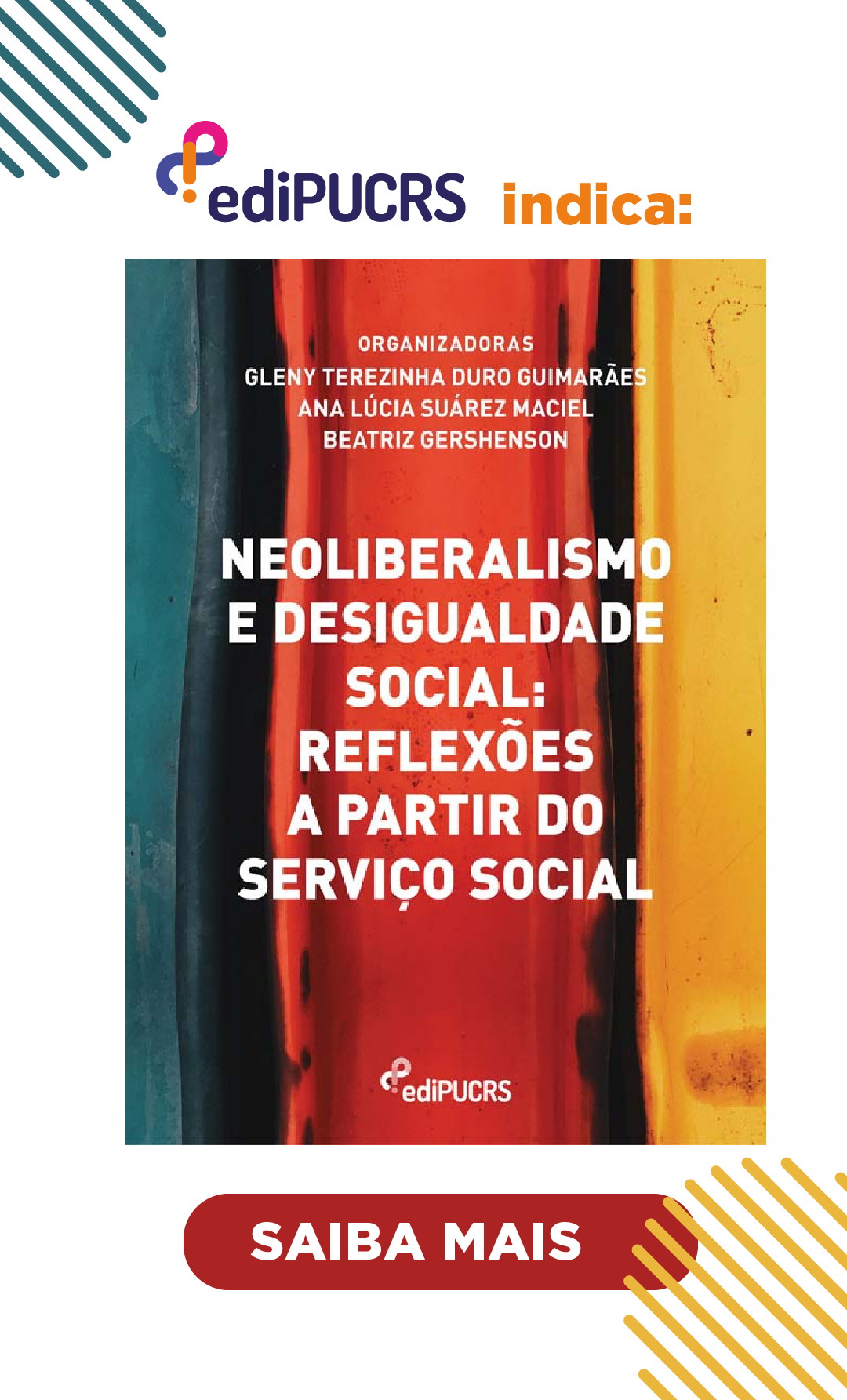Disability and mobility: an analysis of brazilian legislation concerning free public transport
Abstract
This article provides an overview of Brazilian national legislation regulating discounts and free public transport for people with disabilities. The goal is to analyze how transport policies guarantee the right to mobility of the urban poor in Brazil. The right to mobility is a human capacity that guarantees a dignified life. Disability is not in the body, but on moral and urban barriers of a society that is unable to meet the body diversity of people. We surveyed the local laws in force in 27 Brazilian capitals and the federal legislation related to transport and mobility of persons with disabilities. The data analysis identified that: 1. there is uncertainty about who the people with disabilities are; 2. there are several levels of recognition of the dependence of public transport users' disability; 3. the cutting conditions on household income limits the right to free public transport. These results reveal that there is a restriction on the right to mobility, since transport is not considered a tool to ensure social equality yet.Key-words – Disability. Urban mobility. Transport. Public policies. Social justice.
Downloads
Downloads
Published
How to Cite
Issue
Section
License
Copyright
The submission of originals to Textos & Contextos (Porto Alegre) implies the transfer by the authors of the right for publication. Authors retain copyright and grant the journal right of first publication. If the authors wish to include the same data into another publication, they must cite Textos & Contextos (Porto Alegre) as the site of original publication.
Creative Commons License
Except where otherwise specified, material published in this journal is licensed under a Creative Commons Attribution 4.0 International license, which allows unrestricted use, distribution and reproduction in any medium, provided the original publication is correctly cited.





